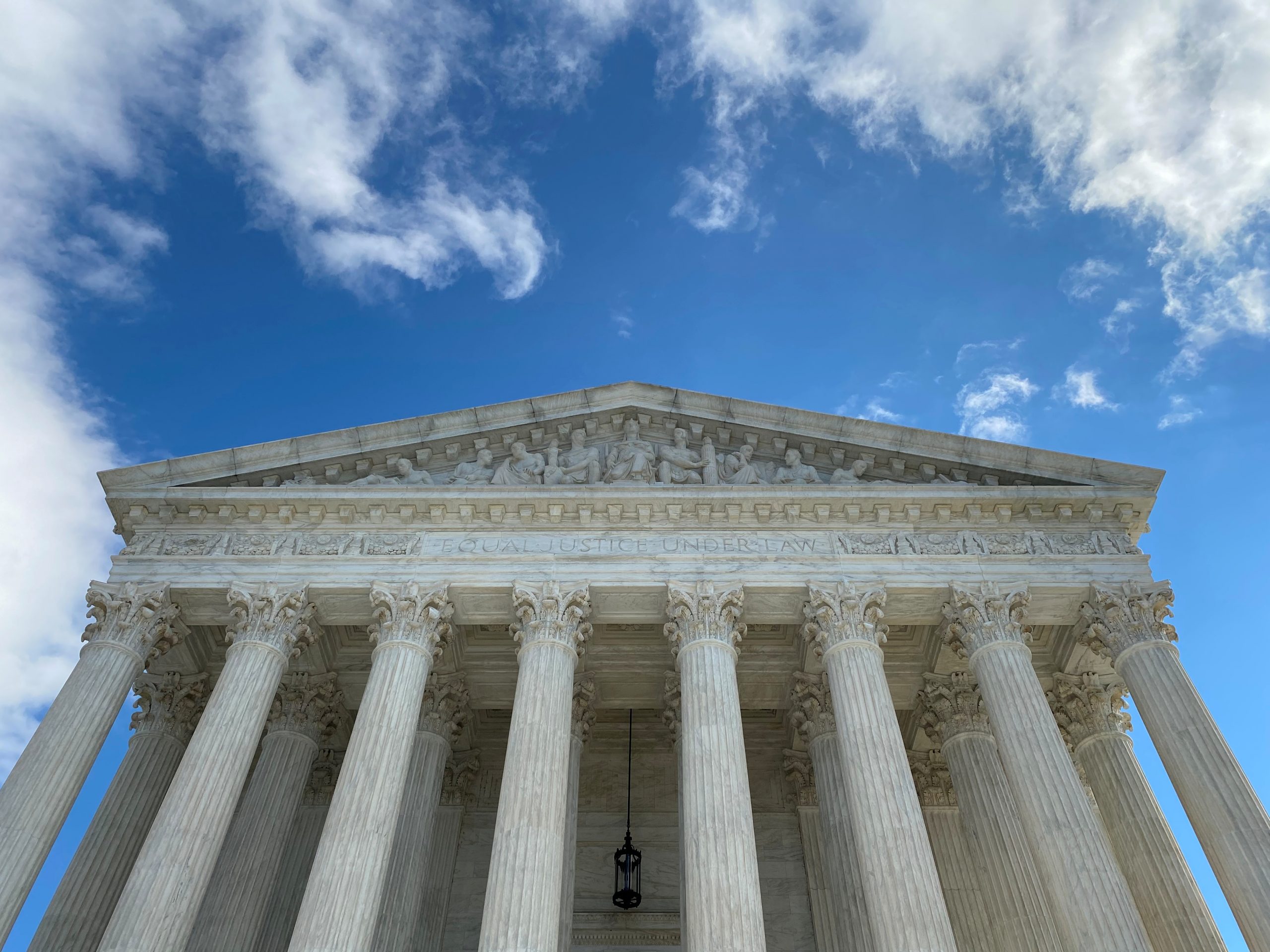The U.S. Supreme Court on Monday agreed to hear a major religious rights dispute involving the city of Philadelphia’s refusal to place children for foster care with a Catholic agency that bars same-sex couples from serving as foster parents.
The justices will take up an appeal by Catholic Social Services, an arm of the Archdiocese of Philadelphia that accused the city of violating the U.S. Constitution’s First Amendment rights of freedom of speech and religion. A lower court ruled in 2018 that the religious views of the organization did not entitle it to an exemption from the city’s anti-discrimination policies.
The case provides the court’s 5-4 conservative majority another chance to recognize broader religious rights under the Constitution, as it has done in key cases in recent years. The case will be argued in the court’s next term, which starts in October.
Catholic Social Services, which has helped provide foster care services for more than a century, has said it would be forced to close its foster care operations if it is unable to participate in Philadelphia’s program.
A ruling against Philadelphia could make it easier for people to cite religious beliefs when seeking exemptions from widely applicable laws.
As part of the case, Catholic Social Services asked the court to overturn a 1990 Supreme Court ruling, called Employment Division v. Smith, that limited the ability of people to seek such exemptions. Congress subsequently enacted the Religious Freedom Restoration Act, which allows people to bring religious claims against the federal government but not the states.
The ruling was written by the late conservative Justice Antonin Scalia, who was a champion of religious rights. But religious rights advocates have said the ruling infringes on the constitutionally protected free exercise of religion.
Even if the court does not overturn the 1990 ruling, the challengers at a minimum want the justices to make it easier for religious entities to bring claims when they accuse the government of targeting them because of their religious beliefs.
Philadelphia in 2018 suspended foster care referrals to Catholic Social Services after a newspaper report about the agency’s policy of turning away same-sex couples seeking to serve as foster parents. The agency had a contract with the city for placement of foster children. It said the city’s action means that available foster homes are sitting empty amid a foster care crisis in the city of about 1.5 million people.
Three foster parents, Sharonell Fulton, Toni Simms-Busch and Cecelia Paul, joined the agency in the lawsuit. Paul has since died.
U.S. District Judge Petrese Tucker in Philadelphia in 2018 ruled against the agency. Last year, the Philadelphia-based 3rd U.S. Circuit Court of Appeals also ruled against Catholic Social Services, saying it had not shown that Philadelphia had treated it differently because of its religious affiliation.
Ten of the 50 states currently allow private agencies to refuse to place children with same-sex couples, according to the Movement Advancement Project, a group that backs gay rights. Nine states bar discrimination based on sexual orientation in foster care.
In court papers, Philadelphia’s lawyers said that Catholic Social Services has an interim contract that provides funds for children already in its foster homes. Catholic Social Services continues to contract with the city for other services.
MIXED MESSAGES
The Supreme Court in recent years has sent mixed messages on the conflict between gay and religious rights. It backed gay rights in a series of landmark rulings culminating in the 2015 decision legalizing same-sex marriage nationwide. It also bolstered religious rights, including a 2014 ruling that allowed owners of businesses to raise religious objections against the government.
Central to those cases was conservative Justice Anthony Kennedy, who retired in July 2018 and was replaced by President Donald Trump’s appointee Brett Kavanaugh. Kennedy wrote the gay marriage ruling, joining with the court’s liberals, but joined with his fellow conservatives in the religious rights decision.
Kavanaugh, who may cast the decisive vote in the Philadelphia case, has shown sympathy to religious liberty claims.
There has been a renewed interest among U.S. religious conservatives in seeking to overturn the 1990 ruling as part of the backlash to the legalization of gay marriage. Conservative opposition to gay marriage has figured in several legal disputes in which small business owners have refused to serve same-sex couples.
In a major LGBT rights case, the Supreme Court in October heard arguments over whether a landmark federal law forbidding sex discrimination in the workplace protects gay and transgender employees. A ruling is due by the end of June.
(Reporting by Lawrence Hurley; Editing by Will Dunham)

























 Continue with Google
Continue with Google